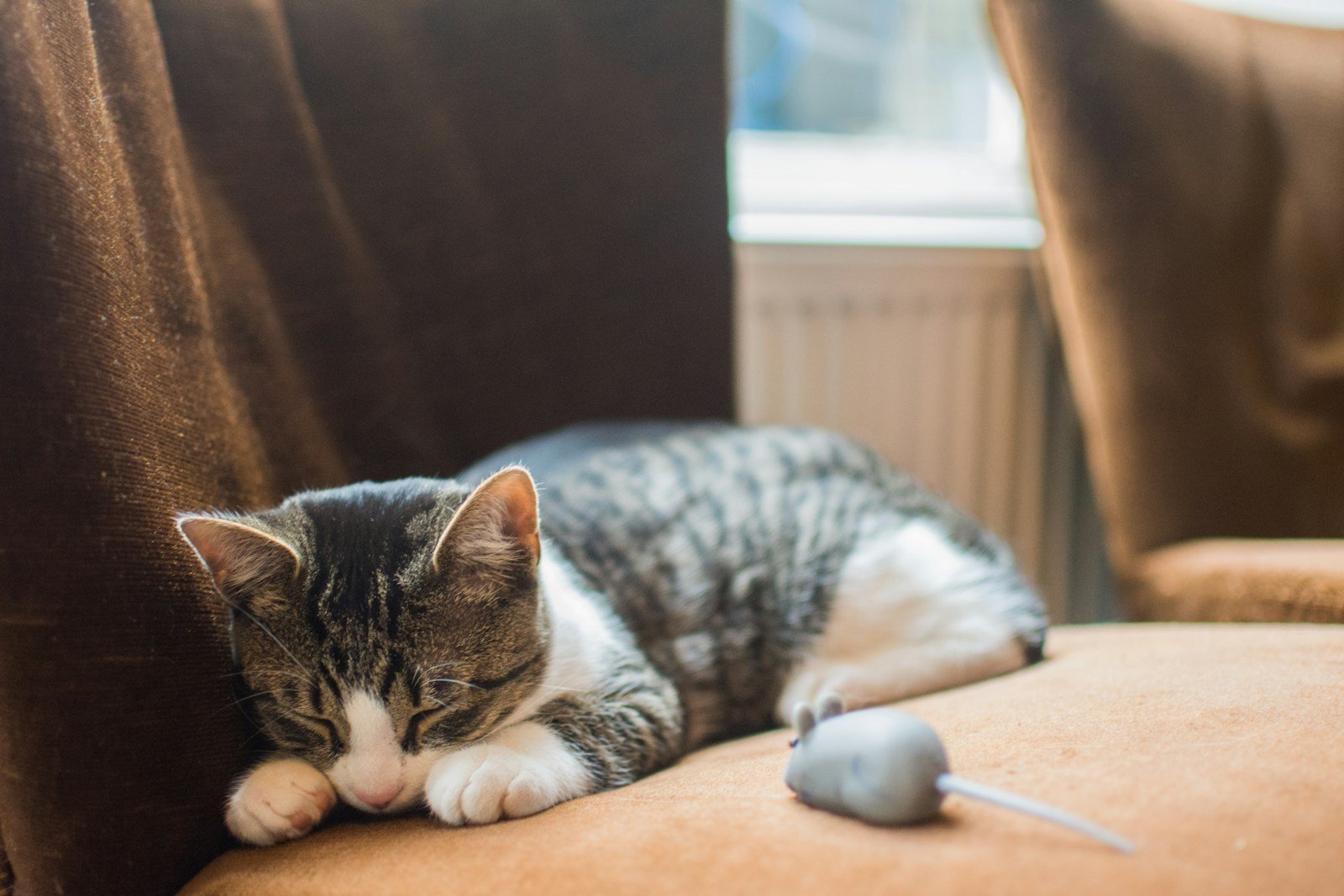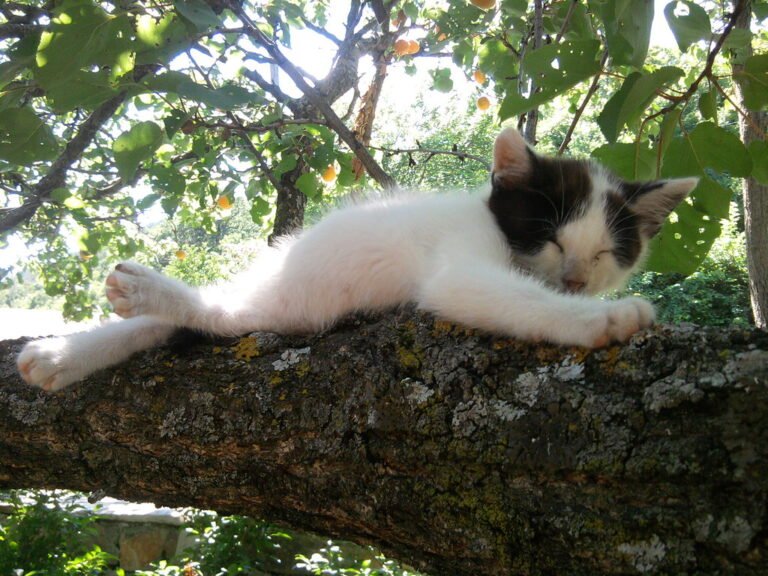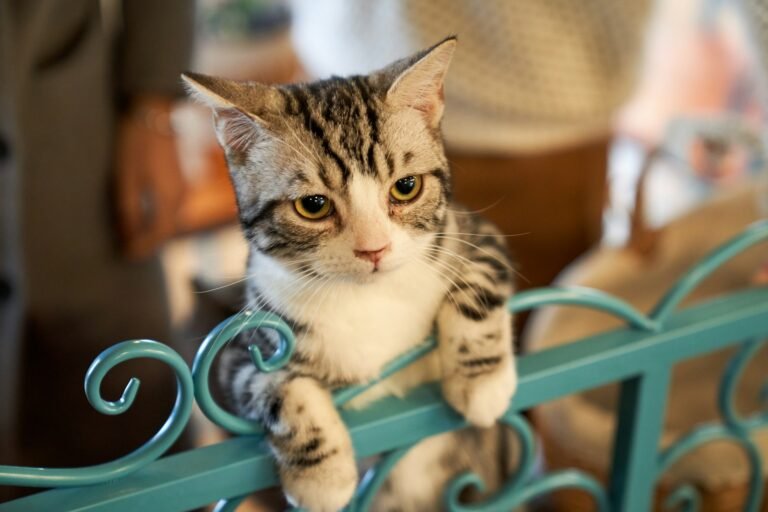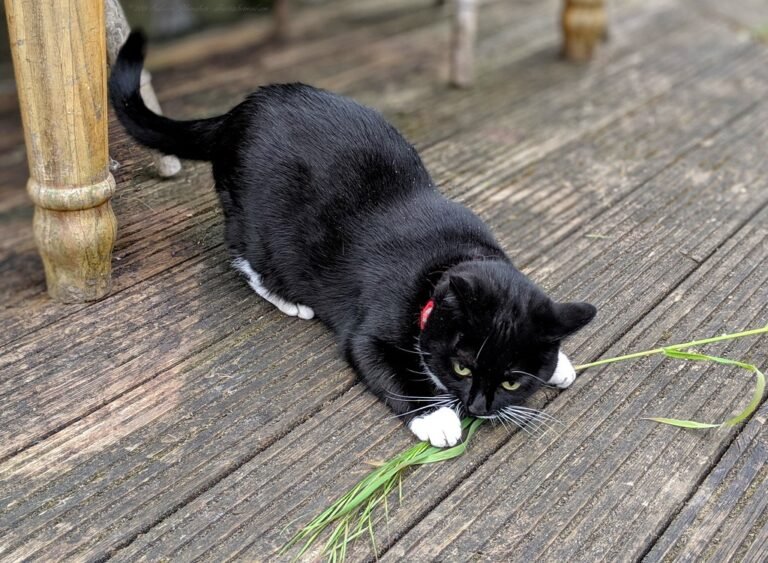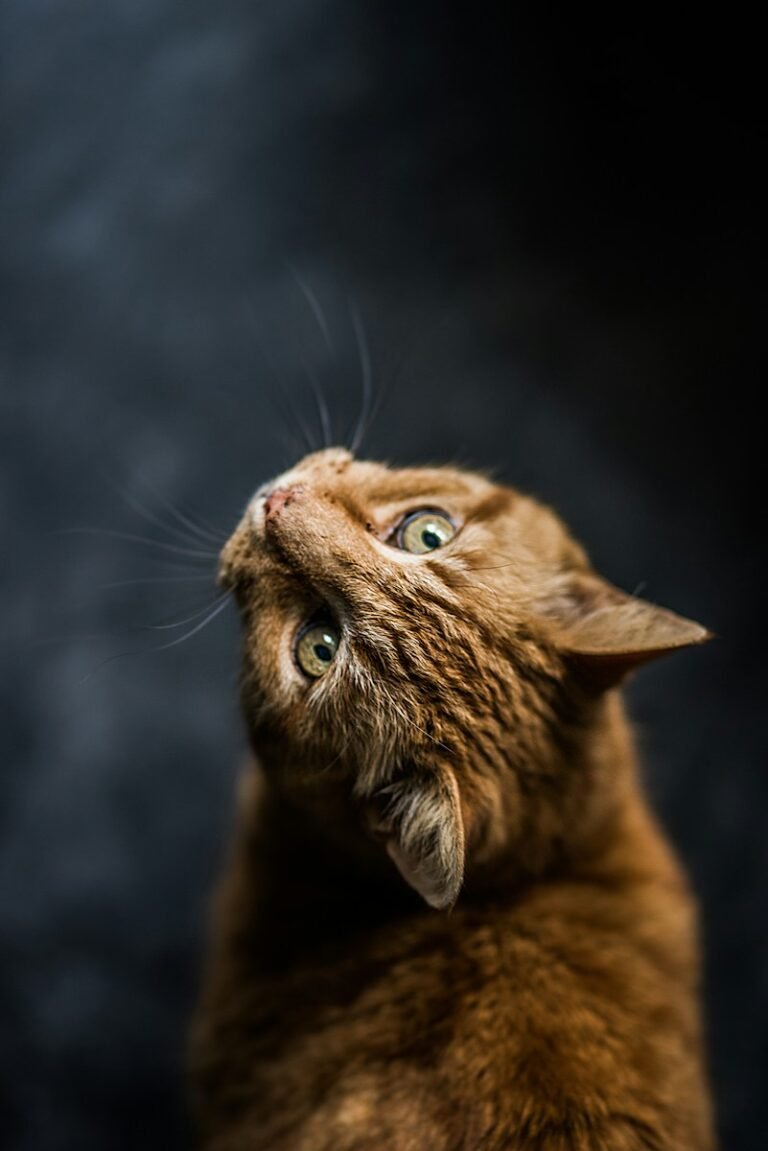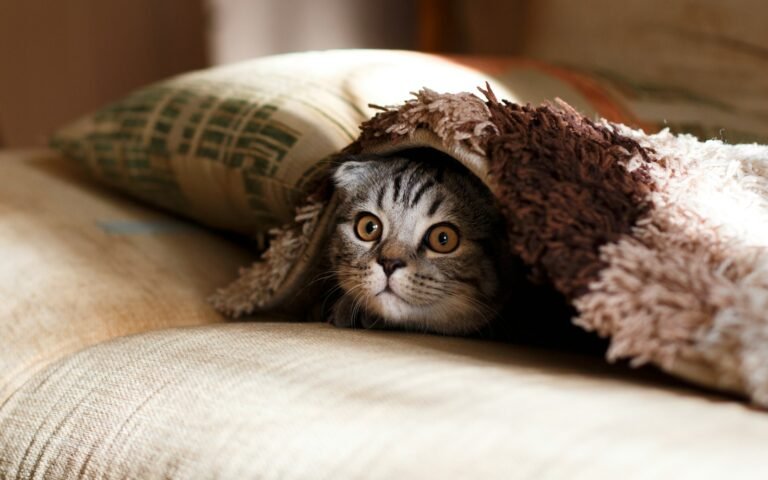Why Does Your Amazing Cat Want To Eat The Mouse?
First you see your cat looking pleased with itself, and in the next instant see the poor little mouse that has been dragged in. Why is your cat bringing a mouse into the house? Does your cat really intend to eat the mouse?
The answer is yes, your cat does want to eat the mouse. In fact, their natural biology makes them perfectly suited for this kind of predation.
Built for the Chase
Cats are obligate carnivores, meaning their bodies are optimally suited to live on a diet solely of meat. Their digestive systems are shorter and simpler than those of omnivores or herbivores. This allows them to efficiently process protein and fats from animal prey – which of course includes mice. This protein is crucial for building and maintaining muscle mass, which is essential for their signature stalking and pouncing behaviors.
You might ask, how much protein do cats actually need? The Association of American Feed Control Officials (AAFCO) recommends a minimum of 26% protein content in dry cat food as suitable for an adult cat.
Similarly, the Journal of Experimental Biology did research that found cats naturally choose a diet that has 30% protein. Cats chose this amount because of physiological need, not just because they liked the taste of the food. It also didn’t matter how much food was available. The cats still went for 30% protein, and then left the food, which might explain why cats are perceived as picky eaters.
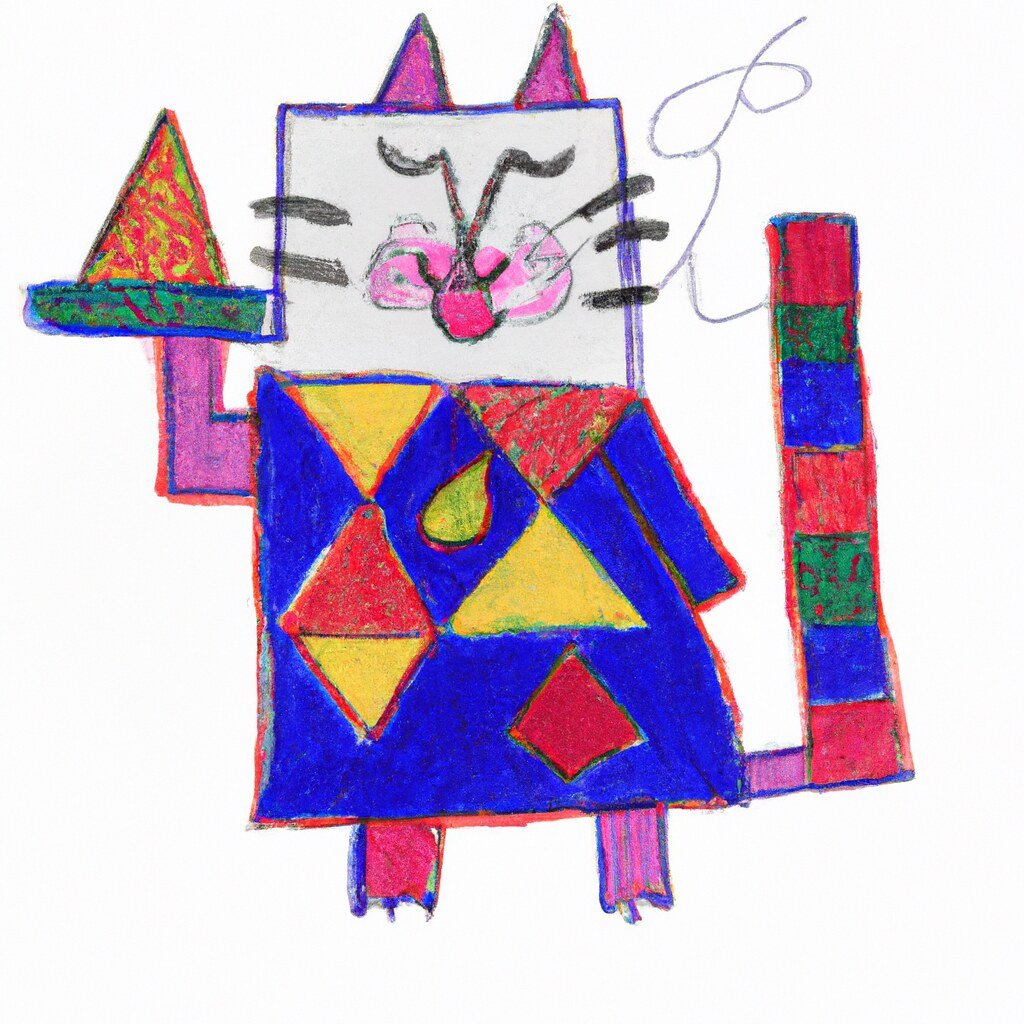
Modern Food vs Natural Prey
While commercially produced cat food can give your cat a balanced diet (at least the label says so), it is still quite different from a mouse-based menu. Mice are about 50-60% protein by weight, and also have essential taurine (an amino acid crucial for heart and eye health) and moisture.
Store-bought kibble, on the other hand, often relies on carbohydrates like grains and starches as fillers that are cheaper to produce than meat-based ingredients. The kibble carbs can be difficult for cats to digest and don’t offer the same protein and moisture content as a mouse.
The Predator
Cats have an instinct to hunt, even if they live in a house and have adequate food. You can see how cats love to jump and pounce. They play with with toys that resemble prey. If a cat was in the wild, their play would keep their hunting skills sharp and ensure their survival. But for house cats, even though they don’t need to hunt, it’s still a fun activity.
Downsides To A Mouse Diet
A healthy cat is not likely to be harmed hunting a mouse. But eating the mouse can be risky.
- Parasites and Disease: Mice can carry parasites and diseases that can be transmitted to your cat from eating a mouse.
- Poisons: Secondary poisoning is a big risk. If a mouse has ingested poison before your cat catches it, your cat could suffer from the same poison. If you think your cat ate a poisoned mouse, call your vet or animal poison control center immediately. Don’t wait for symptoms – early action is crucial. Keep any suspected poison containers for identification.
Mouse Alternatives
There are some things you can do to keep your cat engaged with its mouse hunting instincts, especially ones that don’t involve eating mice.
- Interactive Toys: The best toys replicate prey and give the cat a wild time hunting them. There are wand toys that mimic the movement of prey, and puzzle feeders that dispense treats as a reward when your cat makes an effort to get them.
- Proper Diet: The reality is that most people can’t provide healthy edible mice for their cats to eat. So you need to obtain modern cat food that has the protein and moisture content of a mouse. Look for a high-protein kibble option, or a vet-approved natural diet option.
- Games: Use feeding time as a chance to play with your cat. You can hide kibble around the house, or use a food dispensing ball to entice your kitty to hunt for the meals. This keeps your cat stimulated as well as fed.
- Catnip: Toys filled with catnip can provide a somewhat safe way to channel your cat’s hunting intincts into play that doesn’t involve mice. Just don’t over do the catnip!

Final Thoughts
Cats are natural-born hunters, and mice are a natural part of their diet. While kibble and commercial pet food can provide adequate nutrition, there might not be the protein and moisture content of a mouse (or other prey that a cat would hunt).
So, to keep the mice away while your cat is at play, have the protein level of your cat’s food within a range that is healthy for your cat. The studies indicated 30% protein as a target, but younger and older cats, as well as specific breeds, will have their own particular requirements.

